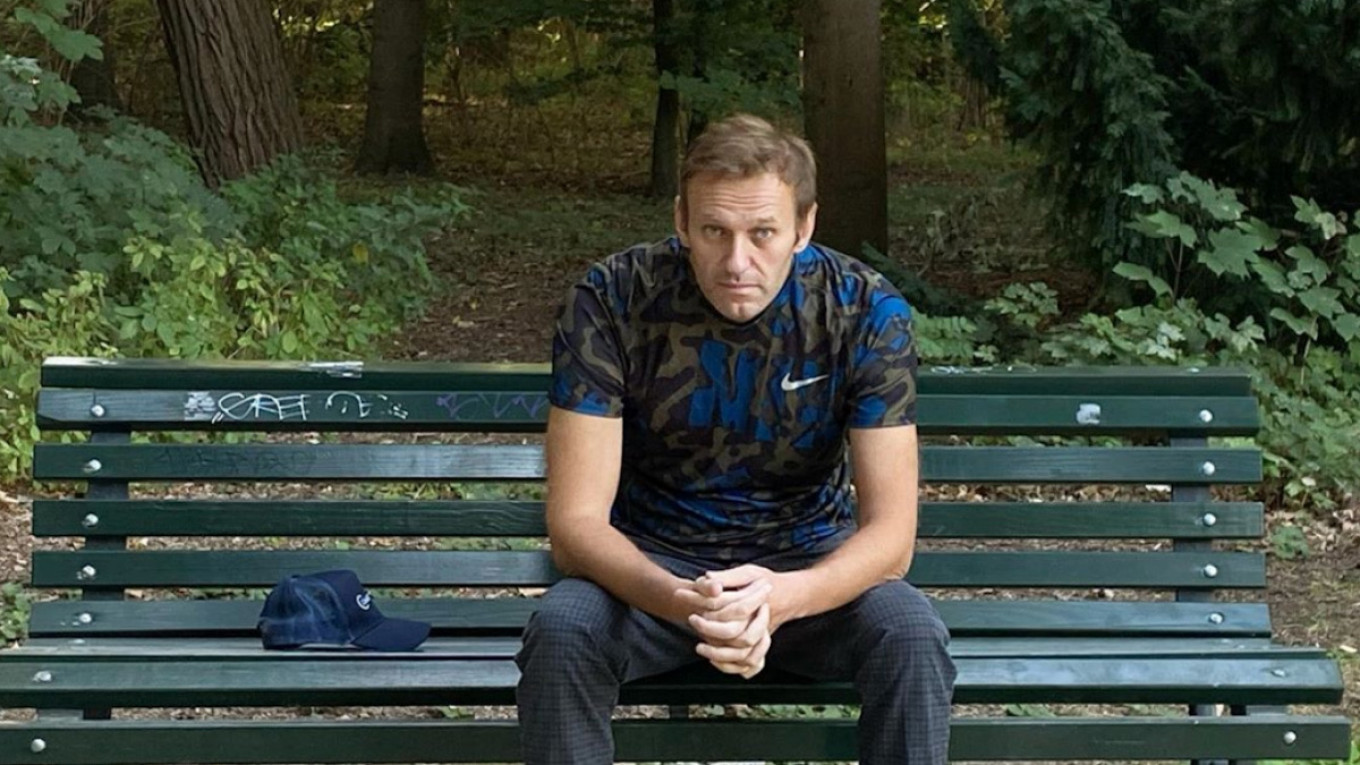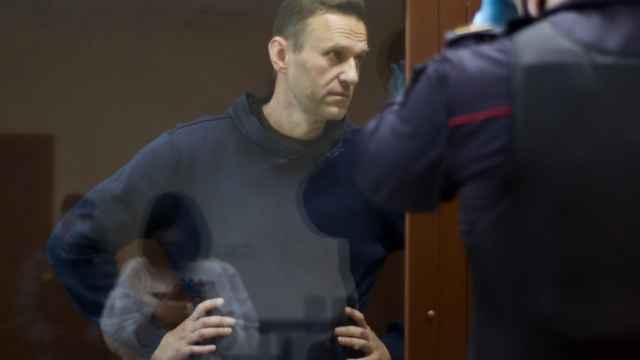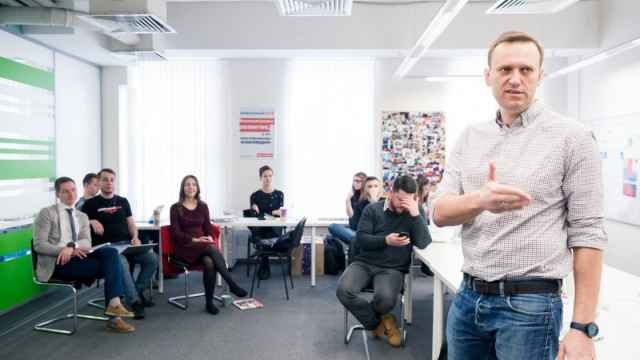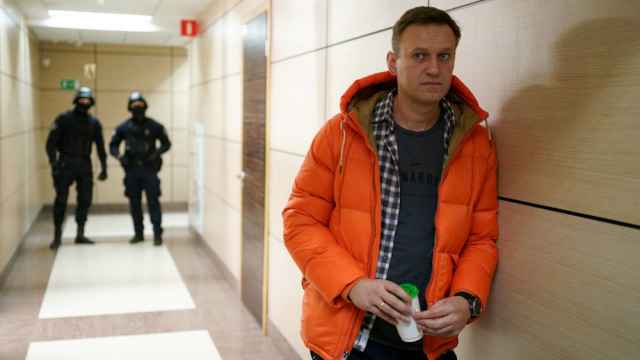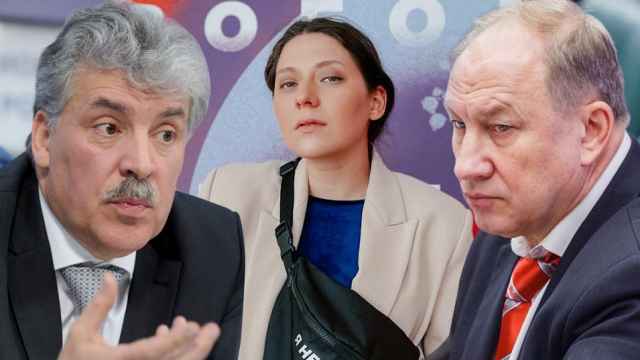Russian officials said Friday that metabolic problems and pancreatitis caused Kremlin critic Alexei Navalny to fall ill in August, ruling out findings by European labs that he was poisoned.
The 44-year-old anti-graft campaigner collapsed on a flight from Siberia to Moscow and was transferred for treatment to Germany where experts ruled he was poisoned with the Soviet-designed nerve agent Novichok.
The interior ministry's Siberian branch said doctors who treated Navalny for two days before he was flown to Berlin confirmed their diagnosis of "disruption of carbohydrate metabolism and chronic pancreatitis."
"The diagnosis of 'poisoning'... was not confirmed," it said in a statement.
The local branch of the interior ministry added that no poisonous substances were found on Navalny's clothes or on objects collected from his hotel or the airport cafe in Siberia here he was seen before the flight.
The EU has sanctioned several senior Russian officials over the poisoning, saying the attack with the Novichok could not have been carried out without the complicity of the FSB, the defense ministry and Putin's executive office.
Navalny has claimed that Russian President Vladimir Putin was personally responsible for the poisoning, while the Kremlin has rejected all allegations it could have been involved.
The head of Russia's Foreign Intelligence Service (SVR) Sergei Naryshkin said earlier Friday that NATO countries plotted to use a Russian opposition leader as a "sacred sacrifice" to uphold the protest mood in the country.
Navalny responded on Twitter saying it was "funny" that both the interior ministry's statement and Naryshkin's interview with state TV were released on the same day.
"It seems NATO countries convinced me to start a fatal diet," Navalny wrote.
On Thursday, police raided the office of Navalny's Anti-Corruption Foundation (FBK) in Moscow, removing equipment and charging one of his aides Ivan Zhdanov with contempt of court.
The charge is likely related to a defamation case won by Kremlin associate Yevgeny Prigozhin, whose catering firm is seeking to recoup damages of 29 million roubles ($373,800) each from Navalny, his ally Lyubov Sobol and the FBK.
Navalny has vowed to return to Russia after fully recovering in Germany.
A Message from The Moscow Times:
Dear readers,
We are facing unprecedented challenges. Russia's Prosecutor General's Office has designated The Moscow Times as an "undesirable" organization, criminalizing our work and putting our staff at risk of prosecution. This follows our earlier unjust labeling as a "foreign agent."
These actions are direct attempts to silence independent journalism in Russia. The authorities claim our work "discredits the decisions of the Russian leadership." We see things differently: we strive to provide accurate, unbiased reporting on Russia.
We, the journalists of The Moscow Times, refuse to be silenced. But to continue our work, we need your help.
Your support, no matter how small, makes a world of difference. If you can, please support us monthly starting from just $2. It's quick to set up, and every contribution makes a significant impact.
By supporting The Moscow Times, you're defending open, independent journalism in the face of repression. Thank you for standing with us.
Remind me later.


